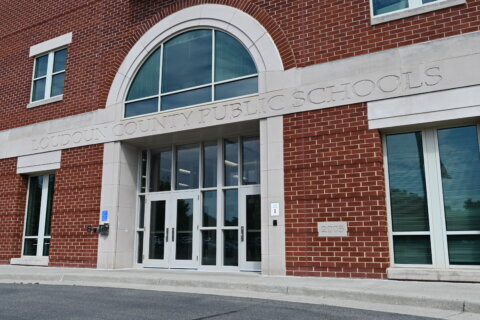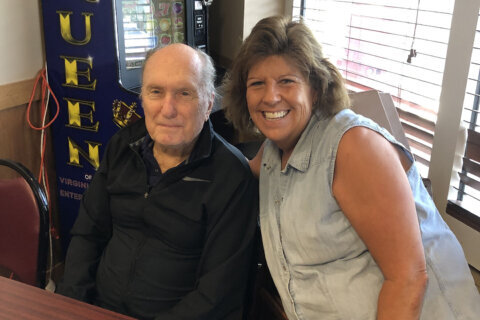
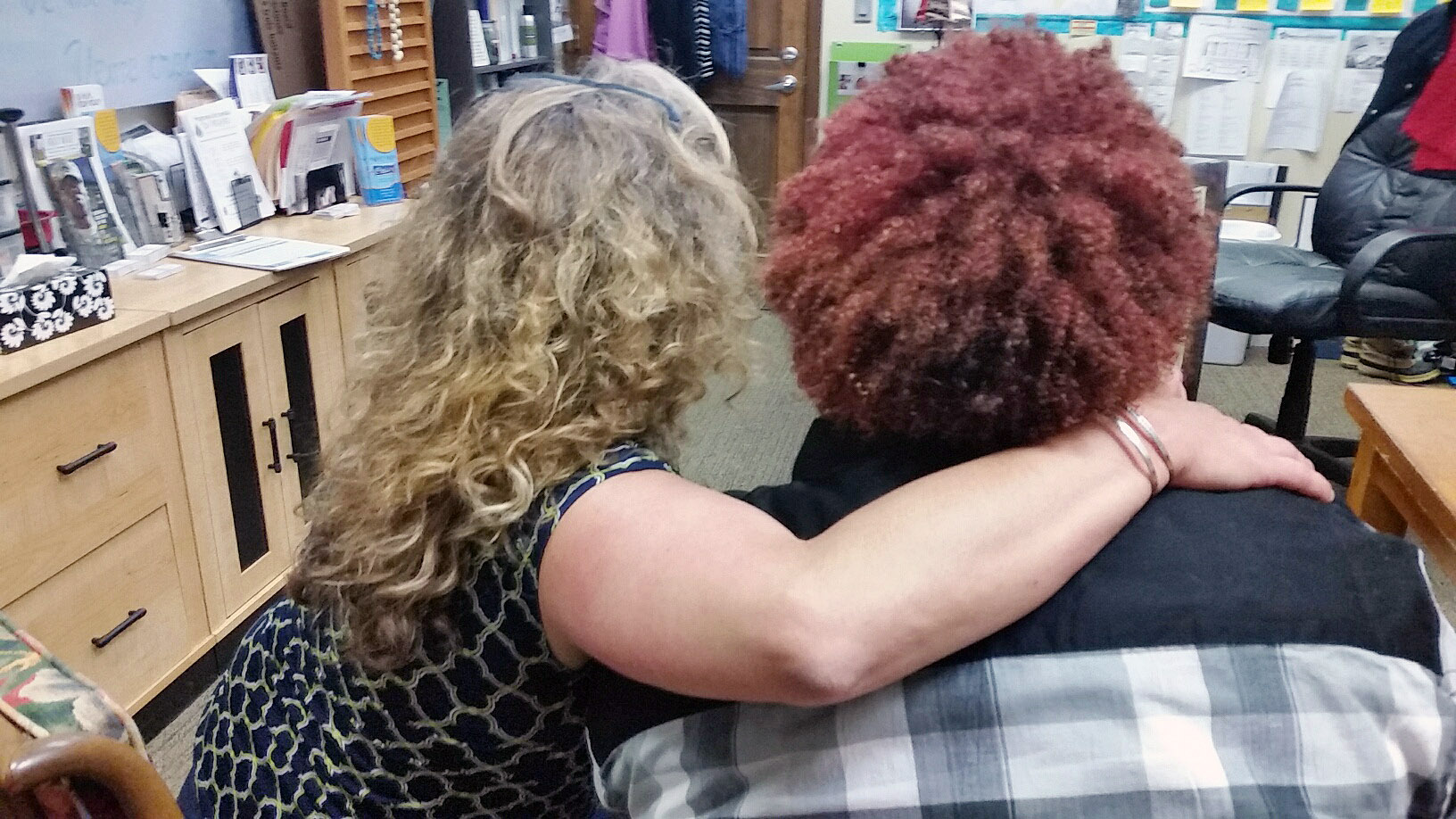
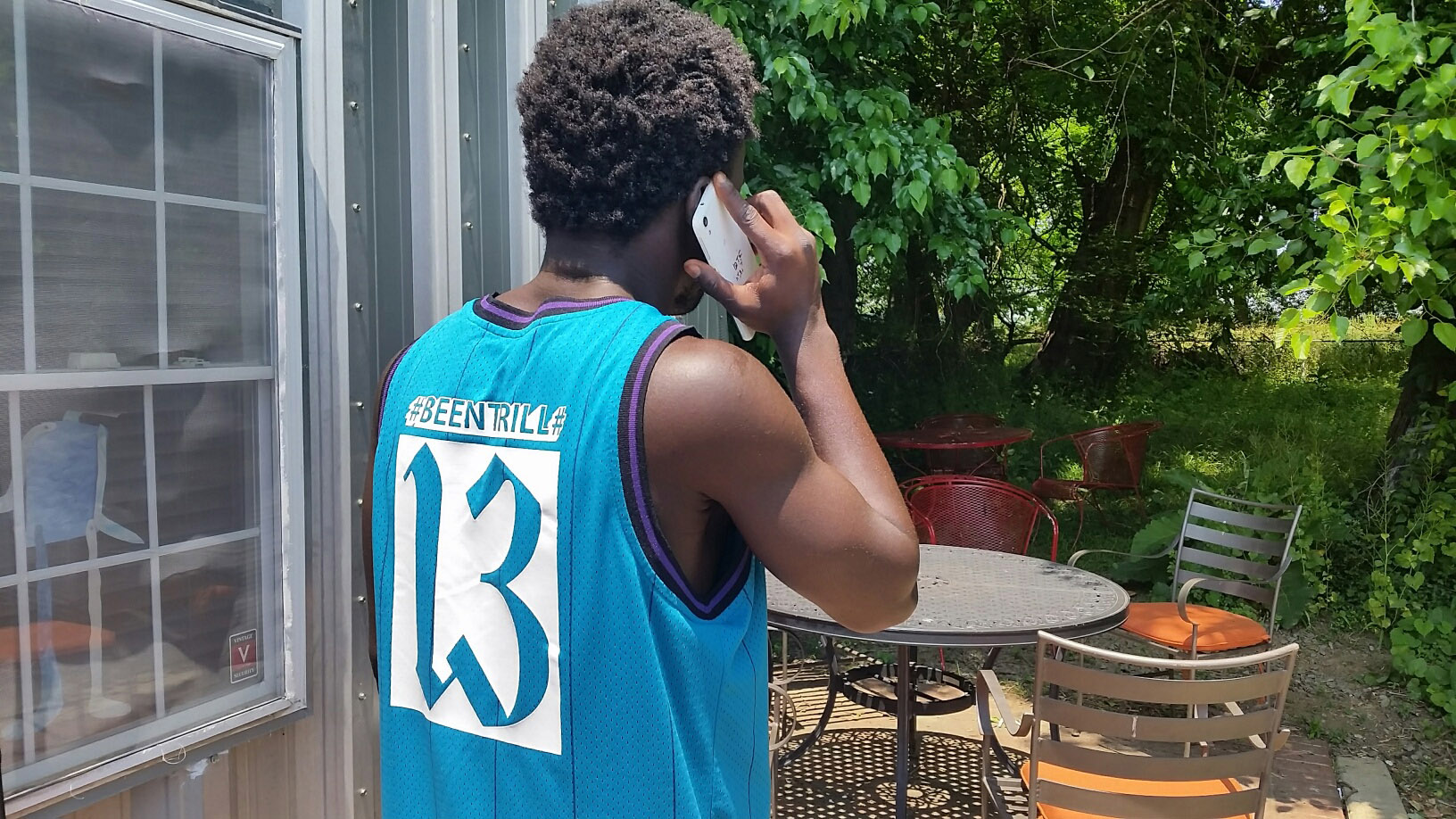
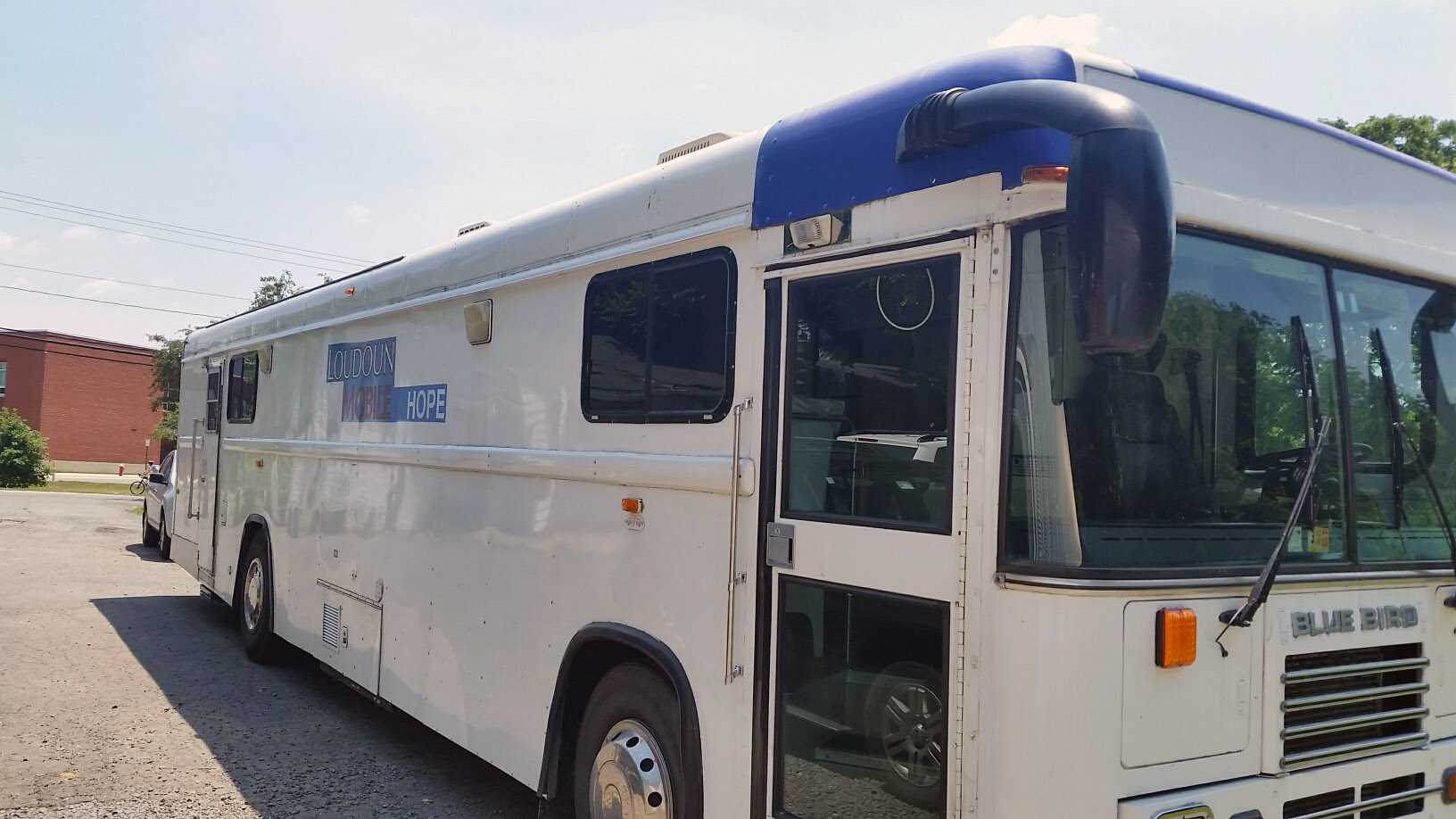
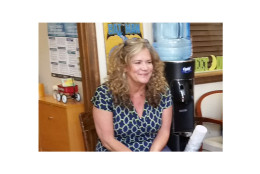
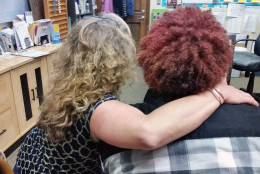
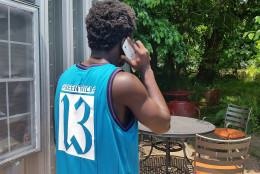
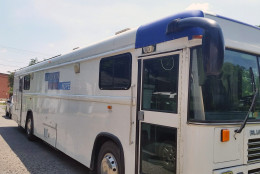
LEESBURG, Va. — Eighteen-year-old Kofi has spent the last year without a home to call his own.
The day he turned 18, his dad and step-mom kicked him out of even though he was still in high school.
He is one of the invisible but growing number of homeless Americans aged 18 to 24 years old. Help is in short supply for these young adults who typically hop from one friend’s couch to another and who often don’t qualify for government programs that help the nation’s homeless. And so they struggle in silence.
But there is a refuge in Loudoun County.
“Mobile Hope gives me hope,” said Shanoa, who is 19 and also homeless.
Kofi and Shanoa declined to give their last names because they don’t want to be known as homeless, they want to fit in and be treated like any other teen.
Shanoa effectively aged out of the state foster care system. Her mother is dead and her step-dad abused her for years, she said.
“I love being here. I love everyone here,” Shanoa said. “It makes me see a brighter future cause I didn’t think I had one.”
Started by Donna Fortier five years ago, Mobile Hope helps connect homeless teens and young adults like Kofi and Shanoa with local services, meals, even providing an address they use can to receive mail.
Fortier left a high-paying job with Inova Loudoun Hospital to start Mobile Hope http://www.mobilehopeloudoun.org/ to help these young adults in need.
She first encountered these homeless teens through her former job as the hospital’s director of community affairs and mobile health services.
She spent several years looking into services for this age group and realized that there was a lack of services for them. That’s when she quit her job and moved forward with “Mobile Hope.”
“Many of the kids that come to Mobile Hope, who are that 18 to 24, are aging out of the youth shelter, aging out of foster care and many are still in school. So their age says they’re an adult, but their life skills doesn’t put them on a good path to make them good members of our community. So that’s what we’re here for — to provide them those life skills to get them to that place.”
Mobile Hope isn’t a homeless shelter but more like a shelter from the storm of life. It provides shoes, clothing, support and love to these young adults, who are alone in this world just trying to make it. And they try to find services depending on the individual’s needs.
“We’re the kind of the place where they feel safe, they feel that they’re loved,” Fortier said.
Twice a week the Mobile Hope bus hands out a couple days’ worth of food to these kids.
“When we go out on the bus, we hand out anywhere from 30 to 90 bags of food. We try to have two breakfasts, two lunches and two dinners per bag, per child,” Fortier said.
Fortier said the need is significant.
When she first began her work, she knew of 569 kids in the 18 to 24 age range who needed help. That number has jumped to more than 1,800 in Loudoun County, Fortier said.
“(Kofi has) been couch-surfing and still trying to finish school, and as you can imagine how difficult that is. Having to pass his (Virginia Standards of Learning exams), his tests, his finals,” said Fortier.
The last year has been difficult, Kofi said. “Don’t know what is going to happen, where you’re gonna sleep.”
Last Sunday, he walked across the stage at the Patriot Center at George Mason to pick up his high school diploma at his graduation ceremony. The folks at Mobile Hope drove him to the ceremony because otherwise he had no way to get there.
Kofi has been accepted to West Virginia University to study mechanical engineering. But he’s holding his breath waiting on his financial aid package to arrive. He’s given the school the address at Mobile Hope because he doesn’t have a permanent address.
He said the only thing he wants in this world is to go to college because, he said, that will make his mother, who still lives in Ghana, happy.


